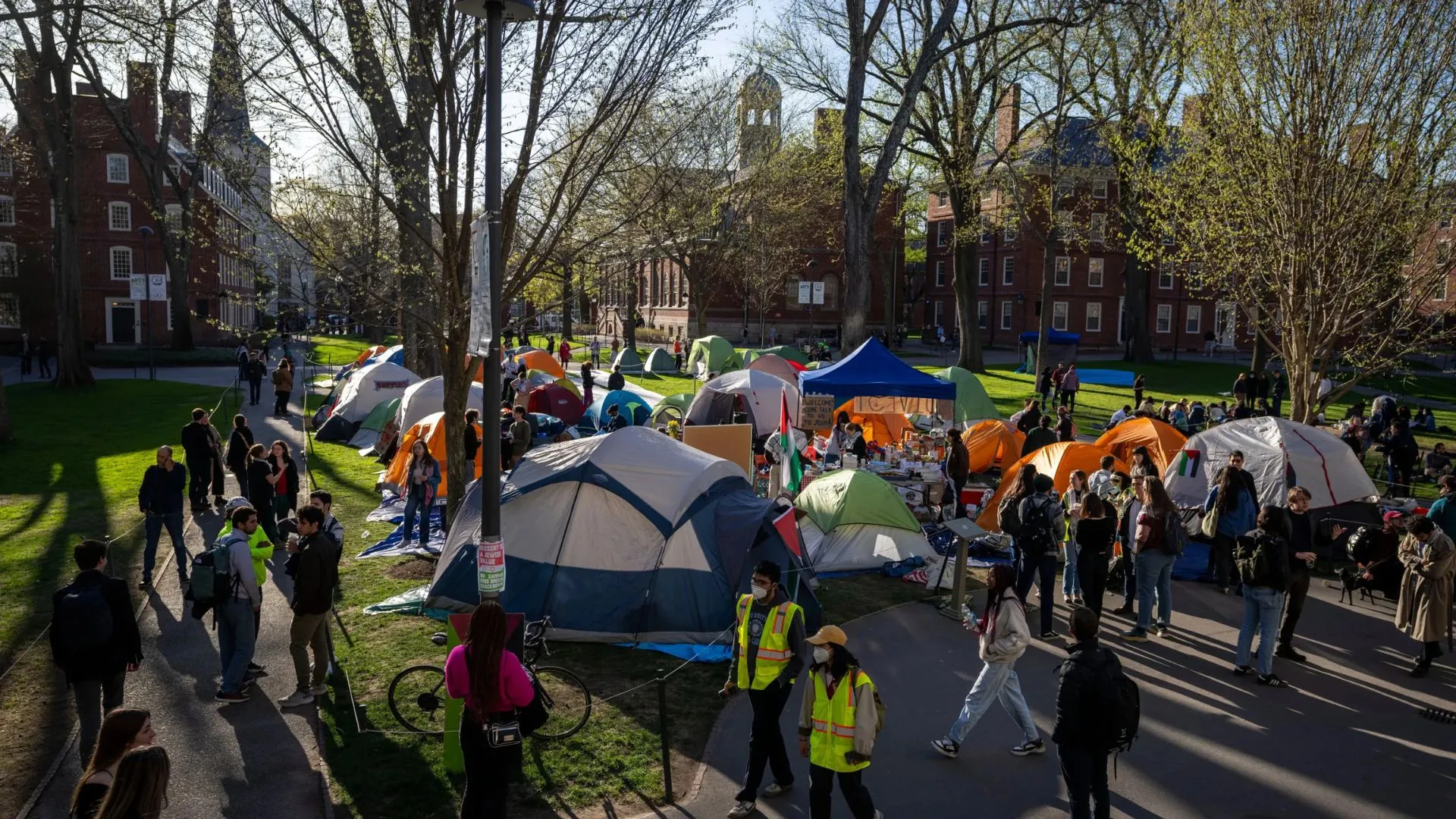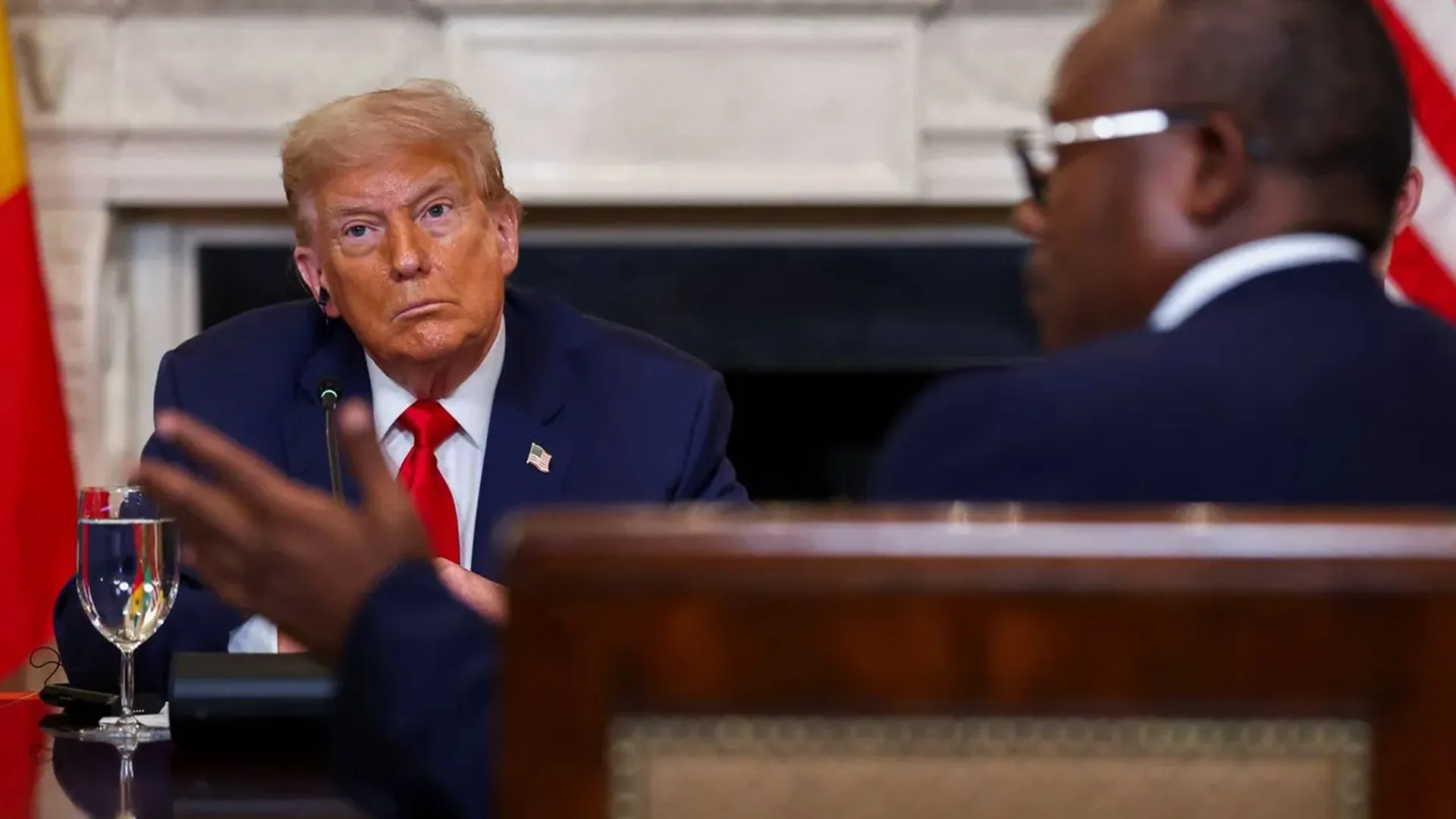Harvard University has strongly spurned the Trump administration’s demands that put almost $9 billion in federal money at risk, declaring that it will not sacrifice its autonomy or constitutional liberties.
The terms of the administration are far-reaching reforms in leadership and admissions, a re-examination of diversity policies, and increased federal control — steps that Harvard administrators say would weaken central academic freedoms.
Crackdown on elite campuses amid protests
Harvard, the richest and most established university in America, is now the newest target in a wider crackdown on top campuses. Several have seen pro-Palestinian student demonstrations following Hamas’s assault on Israel on October 7, 2023. The Trump administration has labeled such protests as failing to combat antisemitism, calling for institutional reforms accordingly.
In accordance with the Associated Press, its proposals intend to impose its political agenda on the policies of academia. It has called for the enforcement of “merit-based” hiring and admissions, auditing students and faculty members by their opinions regarding diversity, and governance reform of universities.
The university had already been instructed to prohibit face masks on campus and to cease recognizing or supporting student organizations that purportedly promote “criminal activity, illegal violence, or illegal harassment.”
‘No government should dictate academia’
In a forceful letter to the Harvard community on Monday, President Alan Garber denied the federal requests, saying they infringed on the university’s First Amendment rights and Title VI of the Civil Rights Act, which prohibits discrimination on the basis of race, colour, or national origin.
“No government — no matter what party is in power — should tell private universities what they can teach, whom they can enroll and hire, and what topics of study and research they can pursue,” Garber wrote.
He noted that Harvard has already taken significant steps to combat antisemitism, but the federal actions indicate the aim “is not to collaborate with us to combat antisemitism cooperatively and constructively.” Garber continued, “While some of the demands proposed by the government are intended to counter antisemitism, the rest are government direct regulation of the ‘conditions of the intellect’ at Harvard.”
University remains resolute in the face of political interference
A statement placed on Harvard’s website reaffirmed its position: “Harvard will not lose its independence nor its constitutional freedoms. Neither Harvard nor any private university can be allowed to fall under the dominance of the federal government.” The move has rallied alumni. Alumni from Harvard urged the university’s administration to use the courts to contest what they described as “unlawful demands that threaten academic freedom and university self-governance.”
Harvard’s resistance comes on the heels of such moves against other major universities. In March, the Trump administration pulled $400 million in funding from Columbia University. Princeton, Cornell, and Northwestern research contracts were also frozen. The University of Pennsylvania meanwhile lost $175 million in federal funding over its recent decision to permit a transgender athlete to play women’s sports.
With the future of almost $9 billion in financing at stake, Harvard has unequivocally stated that it will stand up for its academic ideals — even if it means doing so at a cost.






















